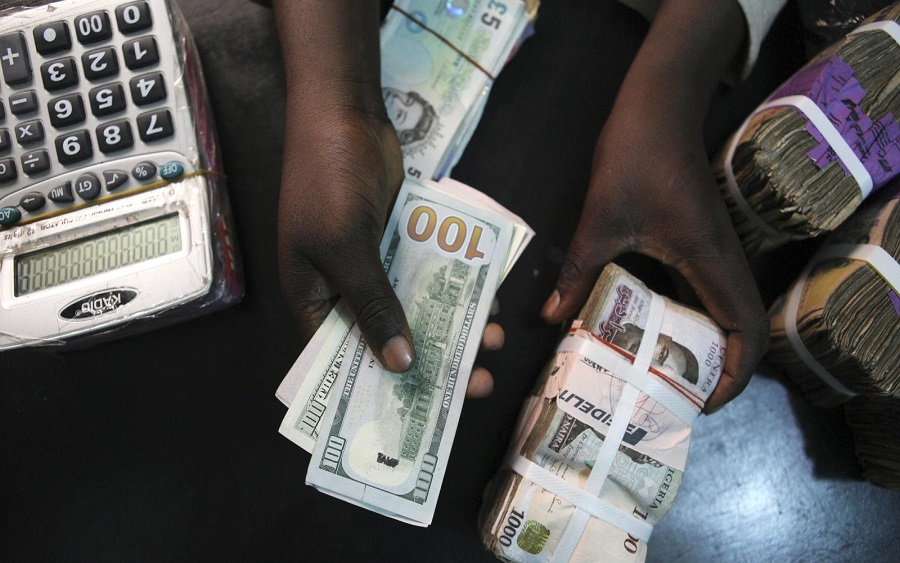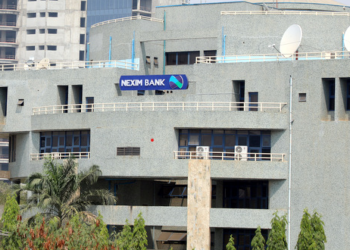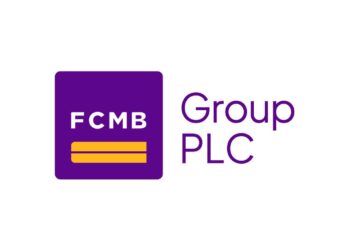Forex Utilization in Nigeria fell by a whopping 80% in April as the economic shuttered in reaction to the COVID-19 pandemic. According to data from the central bank, Nigeria’s forex utilization fell to just $1 billion in April, the month where Lagos State and the Federal Capital Territory, FCT, shut down economic activities and movement.
The CBN reports forex utilization in terms of the amount of forex utilized for invisible and visible imports. In April 2020, only $713 million dollars was used for visible imports from major sectors such as Industrials, Mineral, Manufacturing, Agricultural, Oil sector and transport. This compares to about $1 billion in March. The Industrial, Food and Manufacturing sector alone gobbled up $548 million compared to $791 million in March.
READ MORE: Explained: CBN’s powers to seize bank account of criminals
Worst hit was the invisible sector, which includes financial services, business services, health and the general services sector in general. it is termed the invisible sector because the forex is utilized for payment of services unlike the visible sectors where forex is utilized for importation of equipment, assets and other physical products.
The invisible sector reported a forex utilization of $361 mullion in April compared to $4.3 billion in March and $3.6 billion in February. This is the worst drop since 2008 the earliest date we have for this dataset. Whilst the drop was recorded across all sectors, the worst hit was the financial services sector. Forex utilization fell from $4.2 billion to just $331 million. The sector constitutes a bulk of forex utilized monthly.
READ ALSO: Nigerian firms expect to start employing again in August – CBN survey
What this means: Forex utilization is a function of how much forex is available for businesses to use for their transactions with counterparties across the world. The economic shutdown in April affected currency markets as forex sales fell across all forex windows.
The impact in April is severe and is probably remained worse throughout May, June and July. The CBN is one of the largest forex suppliers in the country but has staved off any pressure to sell citing limited economic activity in the country and around the world. Pent up demand for forex is thought to be between $1.5 -$5 billion.
READ MORE: Quick Take: SWOT analysis of Nigeria’s financial sector according to Fitch Solutions
Whilst there is a recorded drop in forex utilization as officially recorded, it is likely that some of the demand may have passed through the black market. It is also no surprise that forex utilization also fell between April 2016 and January 2017 as Nigeria faced a currency crisis before it devalued to N307/$1 and launched the NAFEX window.
























